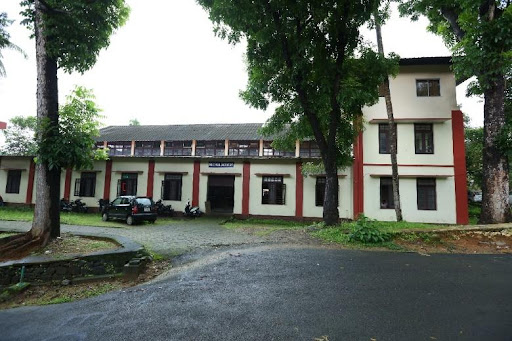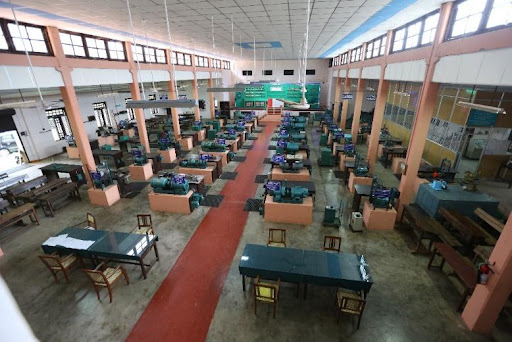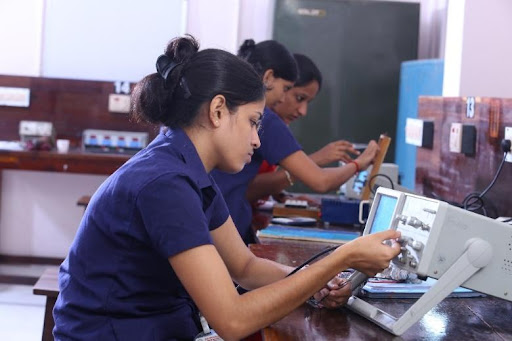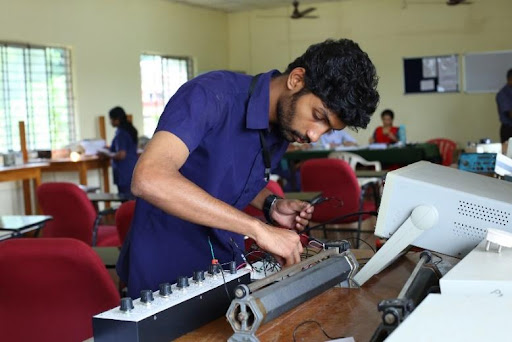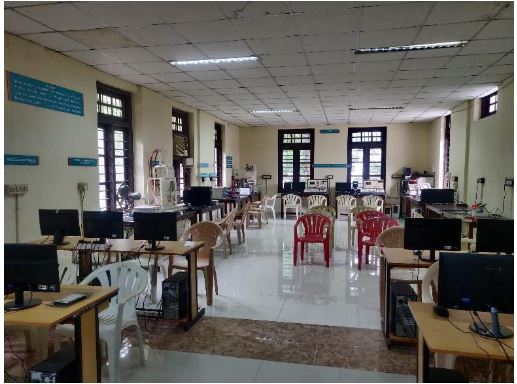Power Electronics - Drives & Control Research Lab
Power Electronics - Drives & Control Research Lab provides the facility for simulation, prototype development, and experimental validation of advanced power electronic converters for practical applications like Electric Motor Drives, Converters for Renewable Energy Systems, Microgrid, Power Quality Conditioners, etc. The lab provides an excellent experimental environment for talented students to conduct quality research on power electronics and drives.
The main equipment and drive systems in the lab are :
- FPGA based Slip Ring Induction Motor Drive Unit
- FPGA based Squirrel Cage Induction Motor Drive Unit
- DSP based Three Phase Squirrel Cage Induction Motor Drive Unit
- DSP based DC Shunt Motor Drive Unit
- DSP based BLDC Motor Drive Unit
- DC Motor Speed Controller Set-up with IGBT Chopper
- DC Motor Speed Controller Set-up with SCRS
- Single Phase Induction Motor Speed Control Setup using Closed Loop Controller
- Three Phase Induction Motor Speed Control set-up using Microcontrollers
- Digital Storage Oscilloscope 50MHz, 1 Channel
- Digital Storage Oscilloscope 70MHz, 4 Channel
- Digital Storage Oscilloscope 350MHz, 4 Channel
- Power Quality Analyser
- Clamp Meter
- LCR Meter


